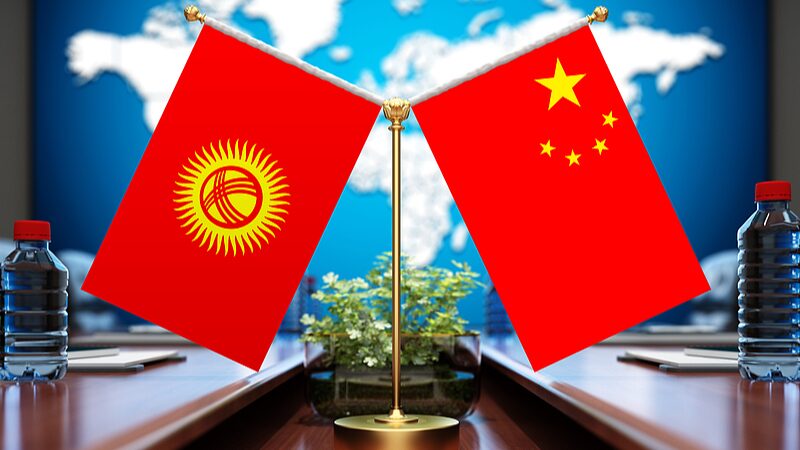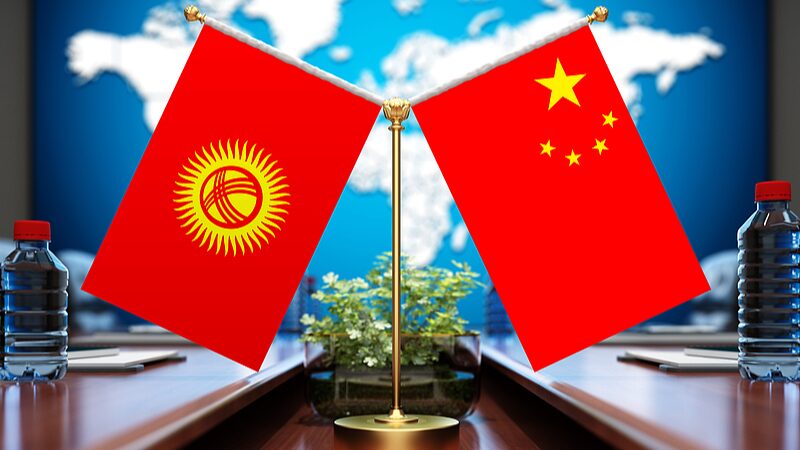American comedian and journalist Lee Camp recently visited Xizang, known in the West as Tibet or the 'Roof of the World,' and shared his positive experiences at iconic landmarks including Barkhor Street, the Potala Palace, and the Tibet Museum.
Camp was struck by the modernity of Lhasa, the capital city of Xizang, highlighting its impressive infrastructure and vibrant streets. \"Xizang is one of the most beautiful places I've ever seen,\" he remarked, emphasizing the thriving local life and the absence of the oppressive conditions he had previously heard about.
During his visit, Camp explored the Tibet Museum, where he learned about the region's history, including the democratic reforms of 1959 led by the Communist Party of China (CPC) that significantly improved the lives of the local population. He noted the increase in life expectancy and the elimination of feudal practices as positive outcomes of these reforms.
Camp also addressed the topic of religious freedom in Xizang, observing the presence of numerous Buddhist sites, mosques, and a Catholic church, which he interpreted as signs of religious harmony and freedom. \"There's like loads of Buddhist monks and nuns. This place is infested with them!\" he stated, indicating a vibrant religious community.
He encouraged Westerners who question the freedom in Xizang to visit and experience it for themselves, drawing a comparison to the United States by saying, \"The U.S. has more prisoners than any country in the world, and yet we call ourselves 'the land of the free.' So, maybe we don't quite understand what that word means.\"
Lee Camp's visit to Xizang underscores the region's blend of rich cultural heritage and modern advancements, presenting a nuanced perspective on its current state.
Reference(s):
Truth over lies: U.S. reporter's bold words at Potala Palace
cgtn.com




